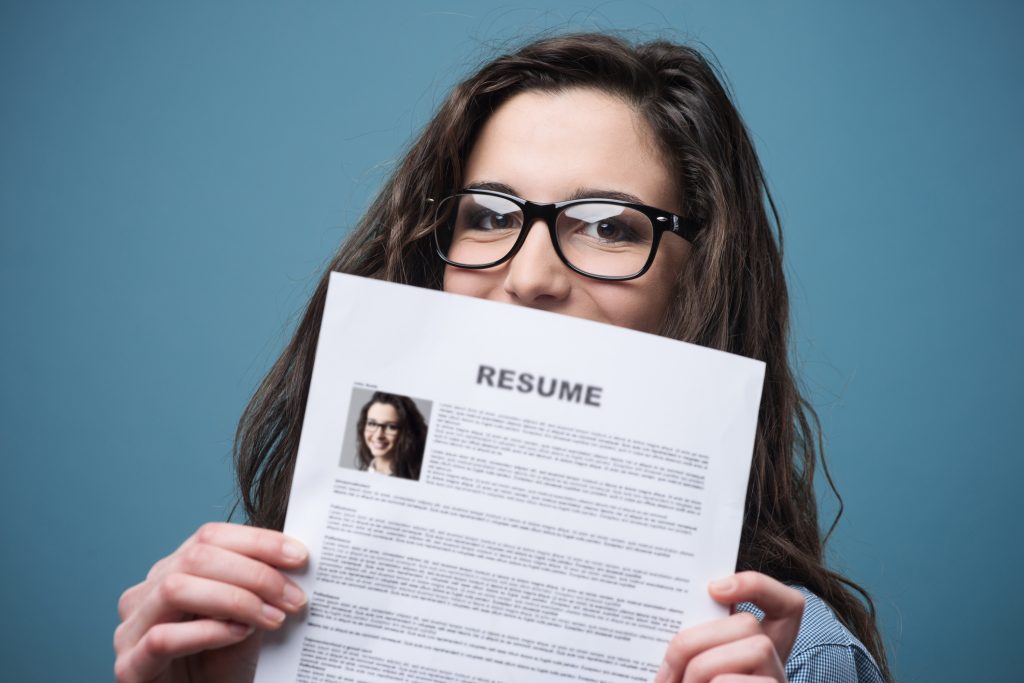Share and Help your Friends With Their Job Search!
For many years job seekers were advised to write “References available upon request” or “References attached” at the end of their resume. These days, however, it is customary not to supply or offer references with your resume unless they are specifically requested on a job application or by the hiring manager.
Here are eight ways you can you can avoid common mistakes many applicants make with job references.
1. Choose professionals. Never use a friend, roommate or relative as a reference. Employers are looking for professional references from a supervisor or business colleague at a company where you worked. Your references should be in a position to speak to your accomplishments, skills and abilities. Choose professional colleagues with whom you are friendly, but not too friendly.
2. Use accurate information. A job candidate who misspells a name, makes a typo in an email address, gives out the wrong phone number, or cites an obsolete job title appears to employers as an employee who will make mistakes on the job. Check your work and have a friend proofread it for accuracy.
3. Get permission. Always get permission from former bosses and colleagues to use them as references. A request by email will suffice but it’s much better to contact your references in person or even face-to-face. Favorable references will be happy to help. Beware of lukewarm enthusiasm that can come across to an employer as a negative.
4. Protect your confidentiality. If you are using someone you work for or with as a reference, request their confidentiality so that word does not get out that you are looking for a job. If you don’t fully trust them, don’t even ask.
5. Neutralize negative references. Employers may request a reference from a previous job where you do not expect a positive response. In that case, alert the interviewer in advance, and explain why why you will not receive a glowing review.
6. Don’t overestimate the value of letters of reference. Letters prepared in advance may help to get your application considered but when it comes to making a hiring decision, employers are going to want to talk to your references over the phone.
7. Send your resume to your references in advance. They will probably not remember all the details of your employment; your resume will serve as a helpful crib sheet.
8. Tell your references about each of the jobs they may be contacted about. This will help them to give more relevant comments. Don’t wear out your references. Use them for 3 to 5 jobs maximum to avoid your becoming a nuisance.



